

Explore the hidden soul of Thailand: nature, silk, food, and traditions from the heart of the northeast.
Isan is a land of contrasts — serene rice paddies, colorful festivals, ancient Khmer ruins, and warm, welcoming people. Often overlooked, it's a region rich in heritage and spirit. Its beauty lies not only in landscapes and temples, but in the rhythm of daily life: sticky rice steaming over clay stoves, hand-woven hammocks swinging in the shade, and the gentle melodies of khaen pipes drifting across rice fields.
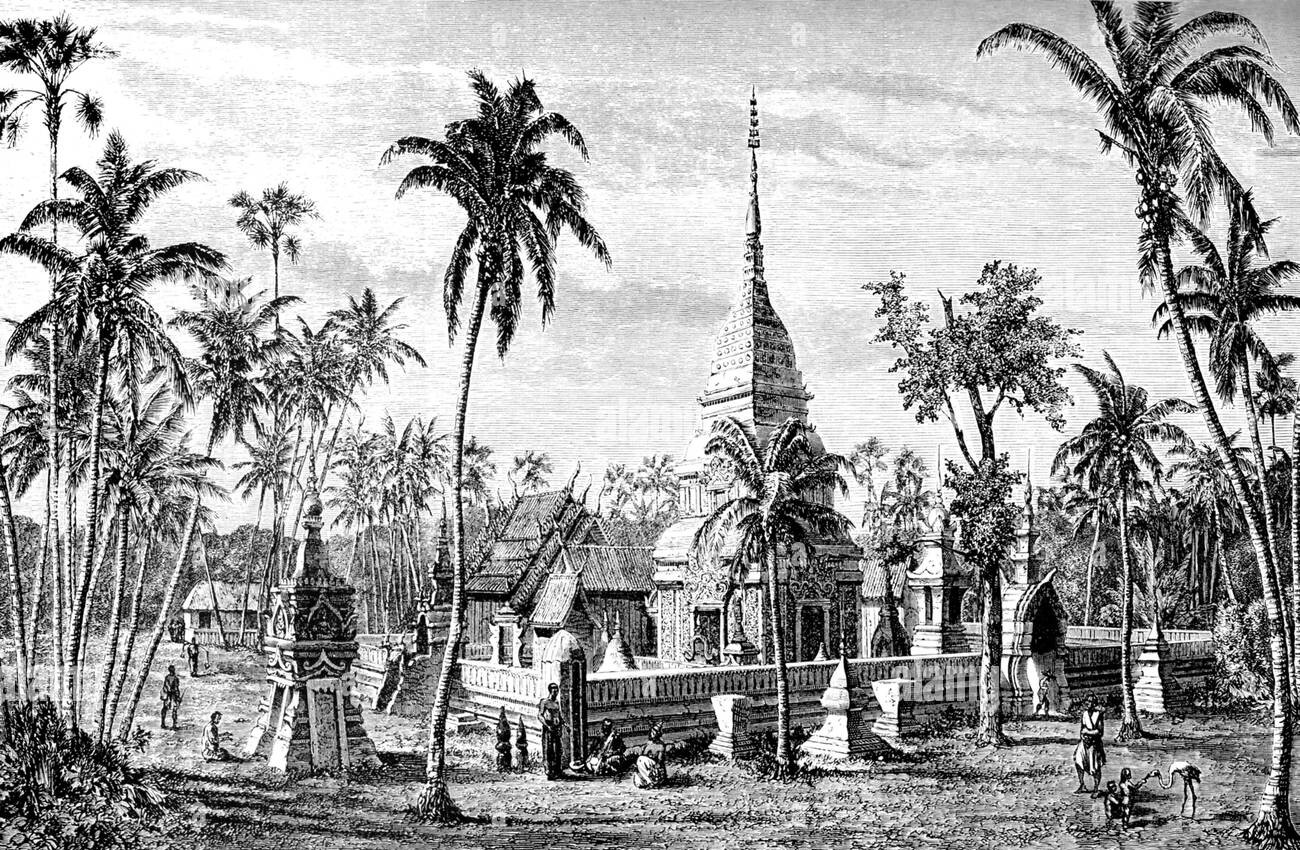
Isan’s history is deeply intertwined with the ancient Khmer empire, with temples and ruins dotting the region dating back over a thousand years. Its people are primarily of Lao descent, and the Lao language (Isan dialect) remains widely spoken. During the 20th century, migration, conflict, and economic shifts shaped the region’s identity — balancing traditional livelihoods with aspirations for progress. Despite economic challenges, Isan retains strong community bonds and cultural pride, preserving its unique heritage and language.
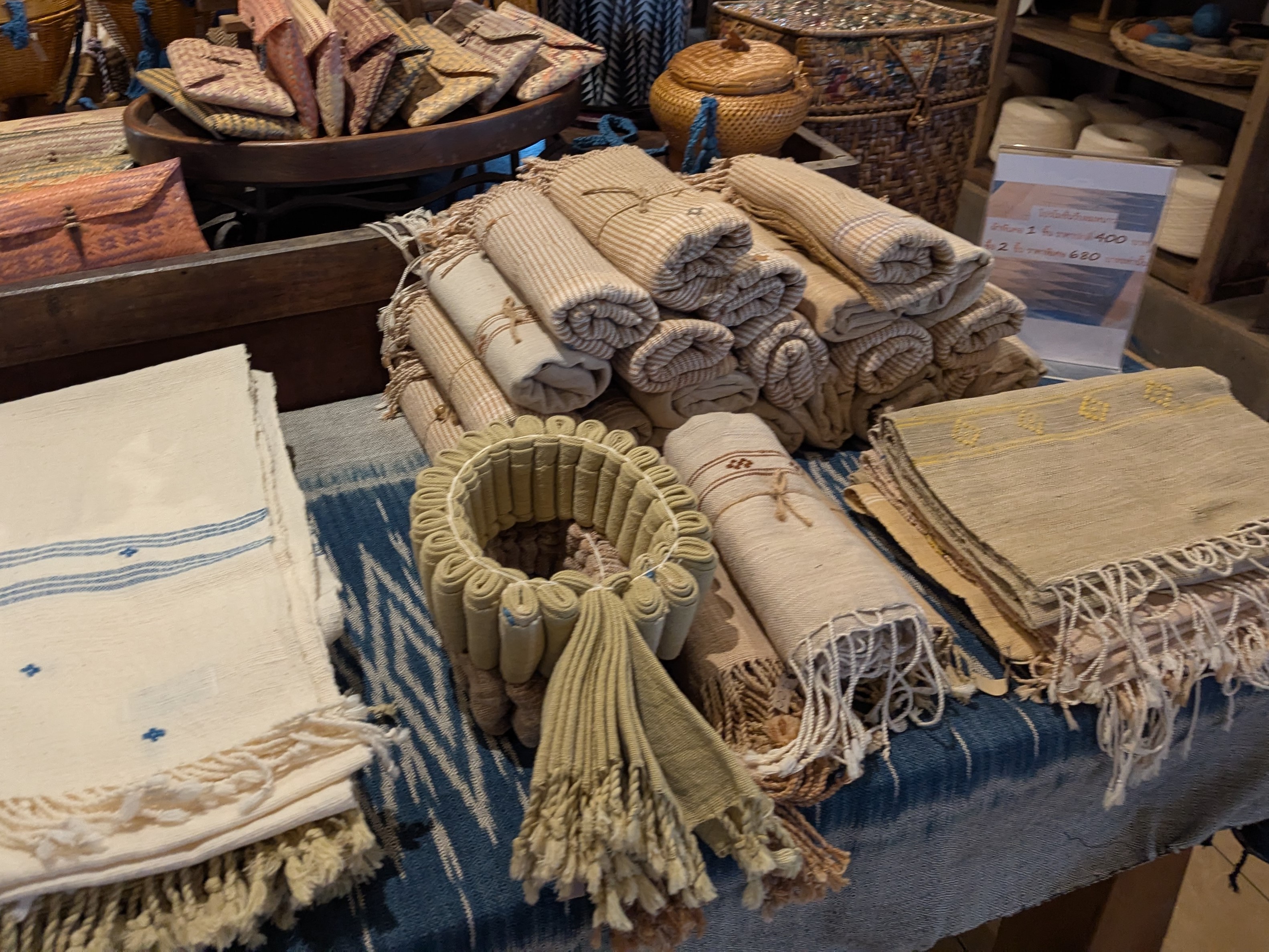
Silk weaving is an ancient and intricate art in Isan, especially in Khon Kaen and Surin. Using natural dyes and hand looms, artisans craft exquisite pieces of mudmee (ikat) silk with vibrant motifs.
→ Discover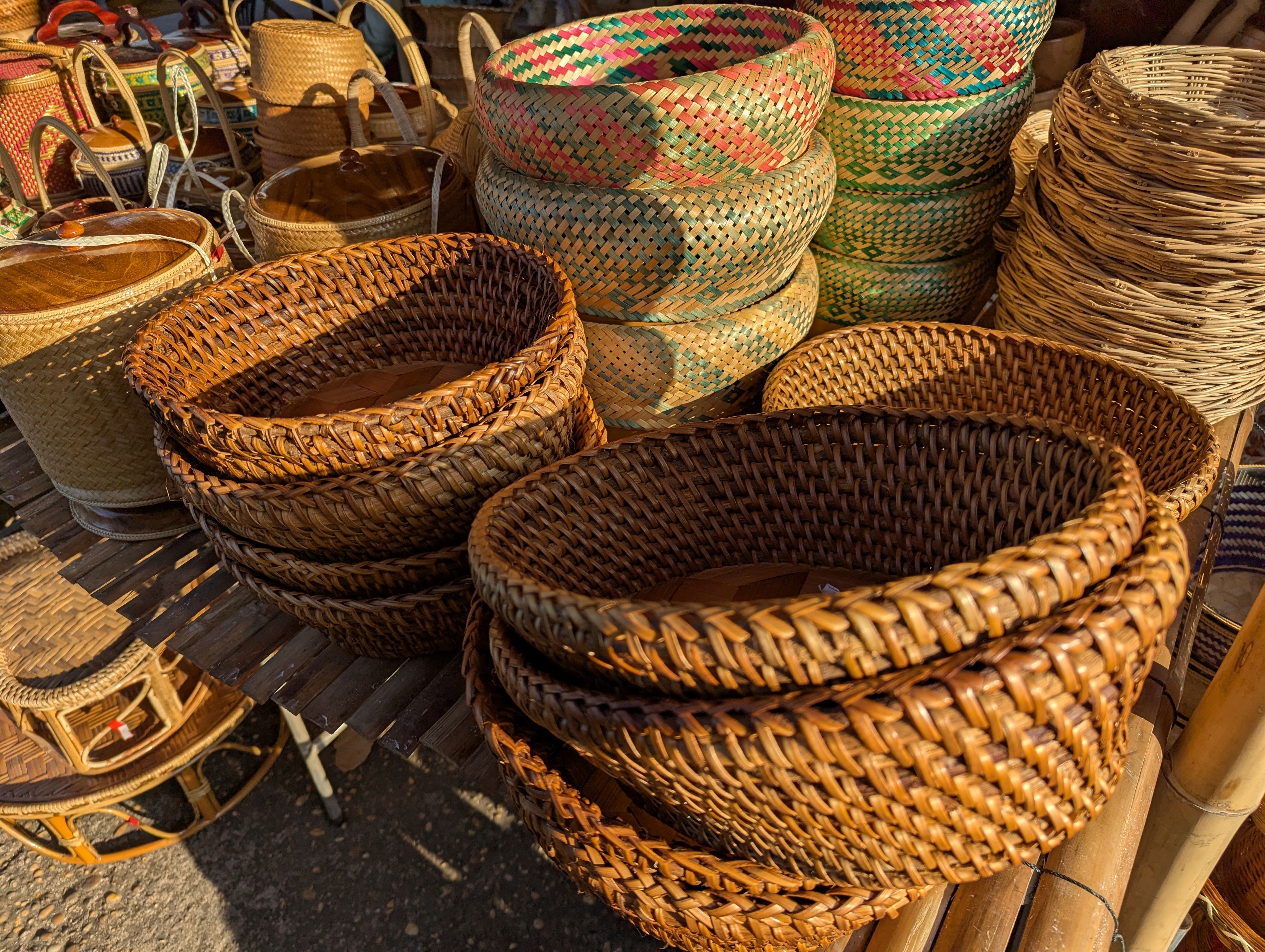
Bamboo is both a symbol of resilience and a practical material in Isan. Villagers weave baskets, trays, fish traps, and even furniture. The designs blend beauty and function, often passed through generations.
→ Discover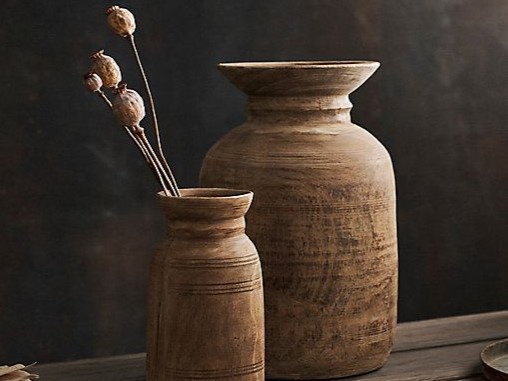
In Ban Chiang (Udon Thani), prehistoric pottery was unearthed that dates back over 5,000 years — now a UNESCO World Heritage site. Today, artisans still shape pots and ceramic wares by hand, often for cooking or temple use.
→ Discover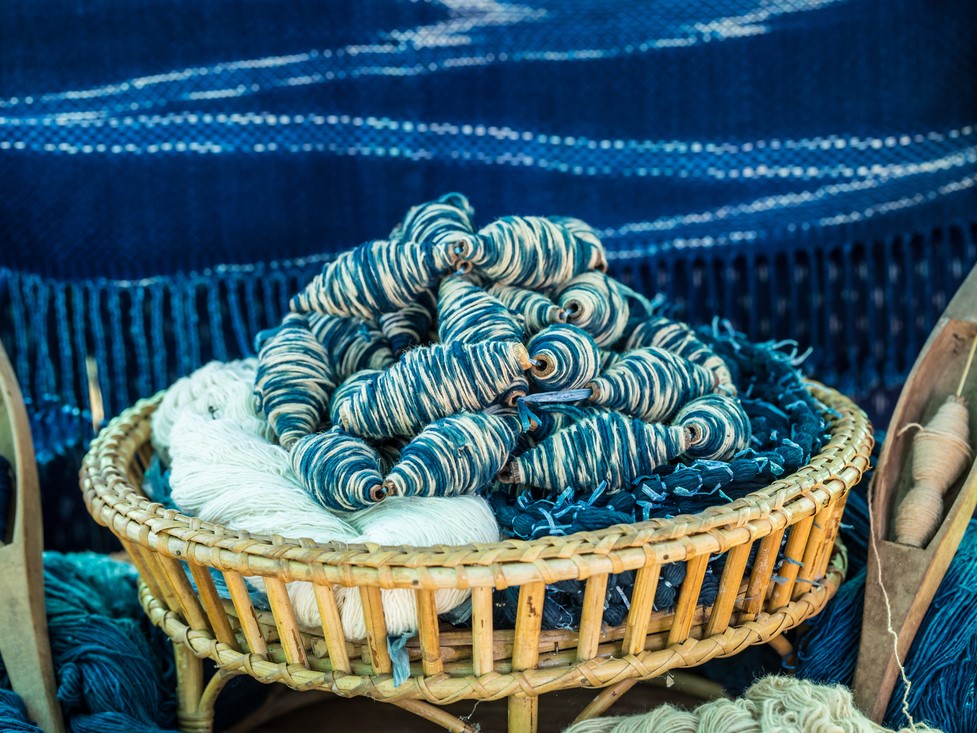
Additional crafts include indigo dyeing (Sakon Nakhon), knife-making (Nakhon Ratchasima), khaen instrument-making, and palm-leaf weaving for lanterns and ceremonial items.
→ Discover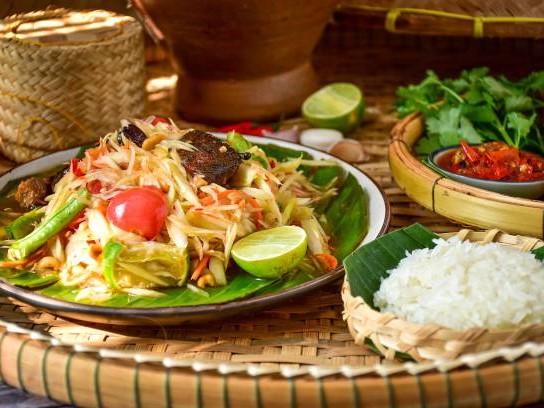
Green papaya salad — spicy, tangy, and deeply addictive. It’s one of Isan’s signature dishes, often pounded fresh in roadside stalls.
→ Discover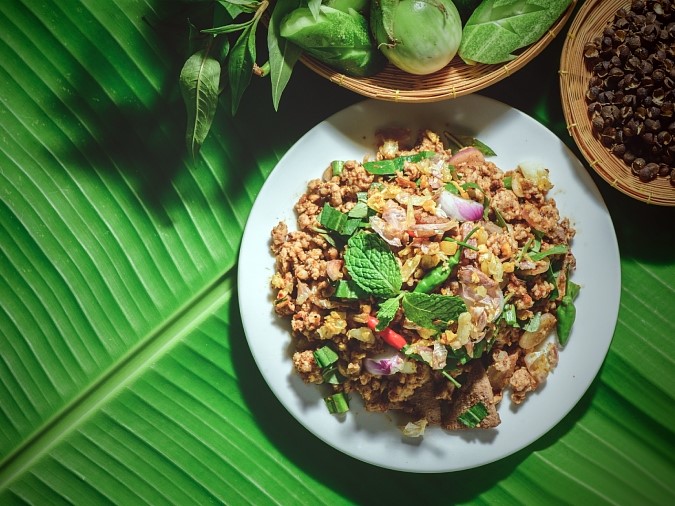
A minced meat salad seasoned with roasted rice, lime, and herbs. Often fiery, it reflects the boldness of Isan cuisine.
→ Discover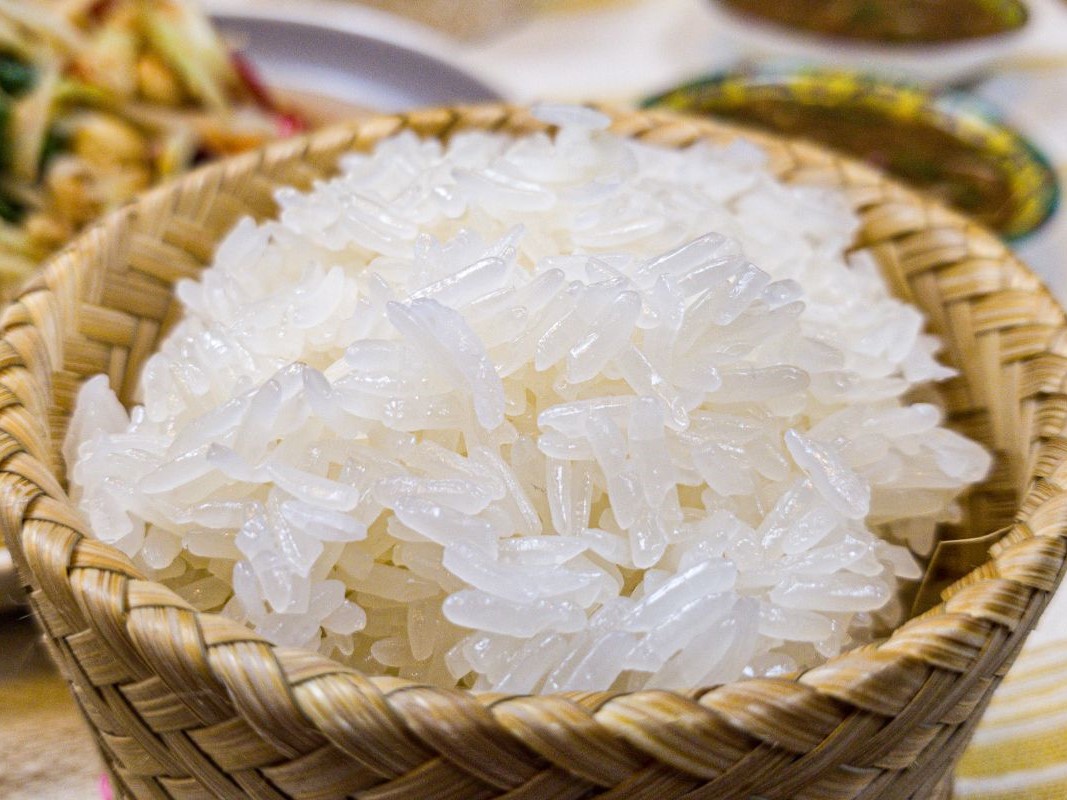
The staple of every Isan meal, glutinous rice is steamed in bamboo baskets and eaten with hands — a perfect pairing with spicy dishes.
→ Discover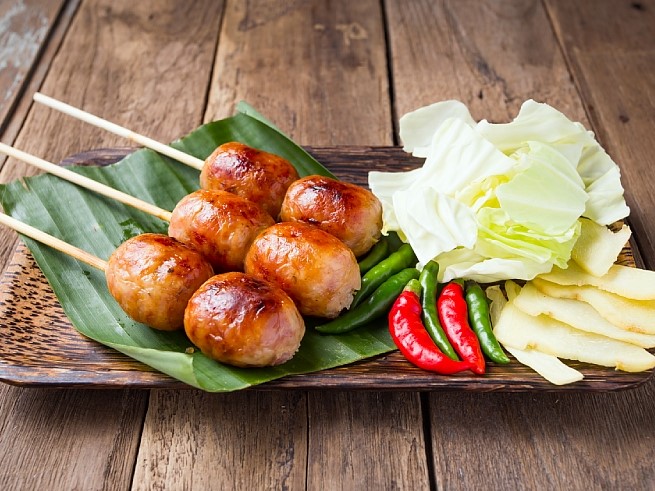
Fermented pork sausages with a slightly sour taste, often grilled and served with chilies and cabbage. A beloved street snack.
→ Discover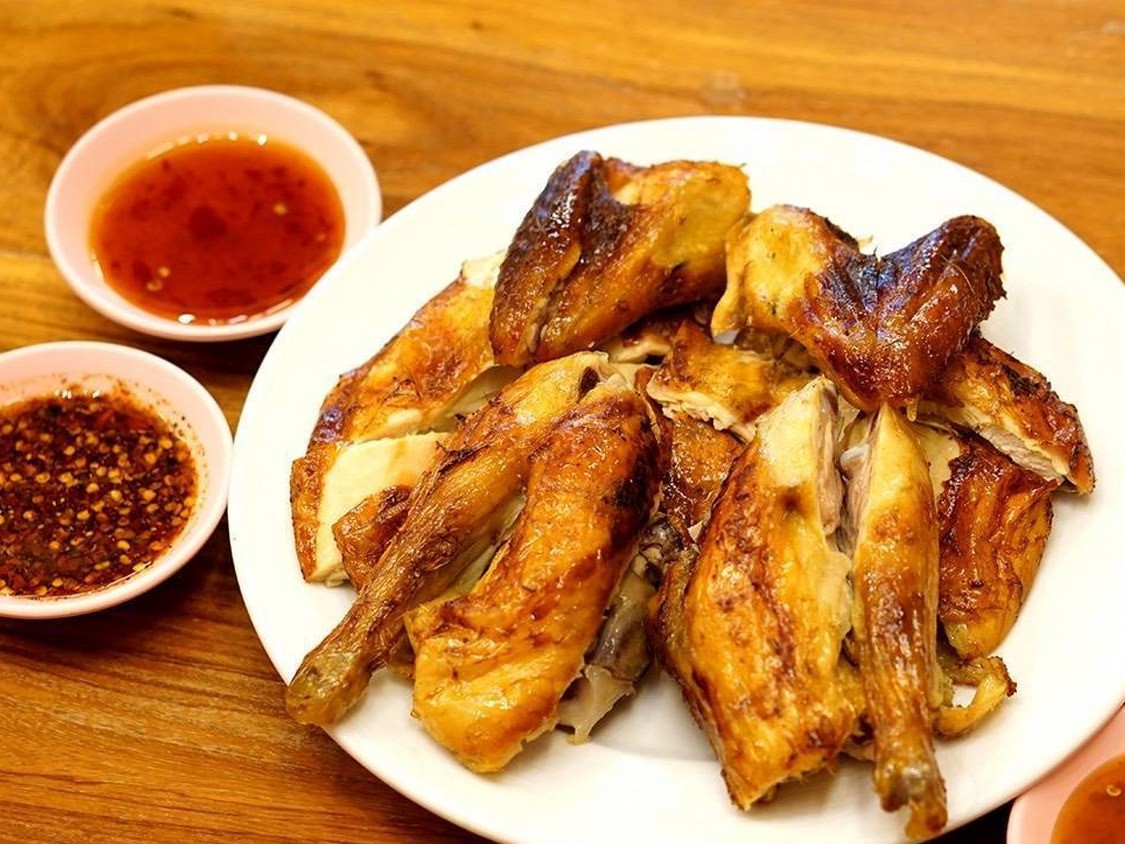
Grilled chicken, usually marinated in lemongrass, garlic, and fish sauce, and served with dipping sauces. A weekend favourite.
→ Discover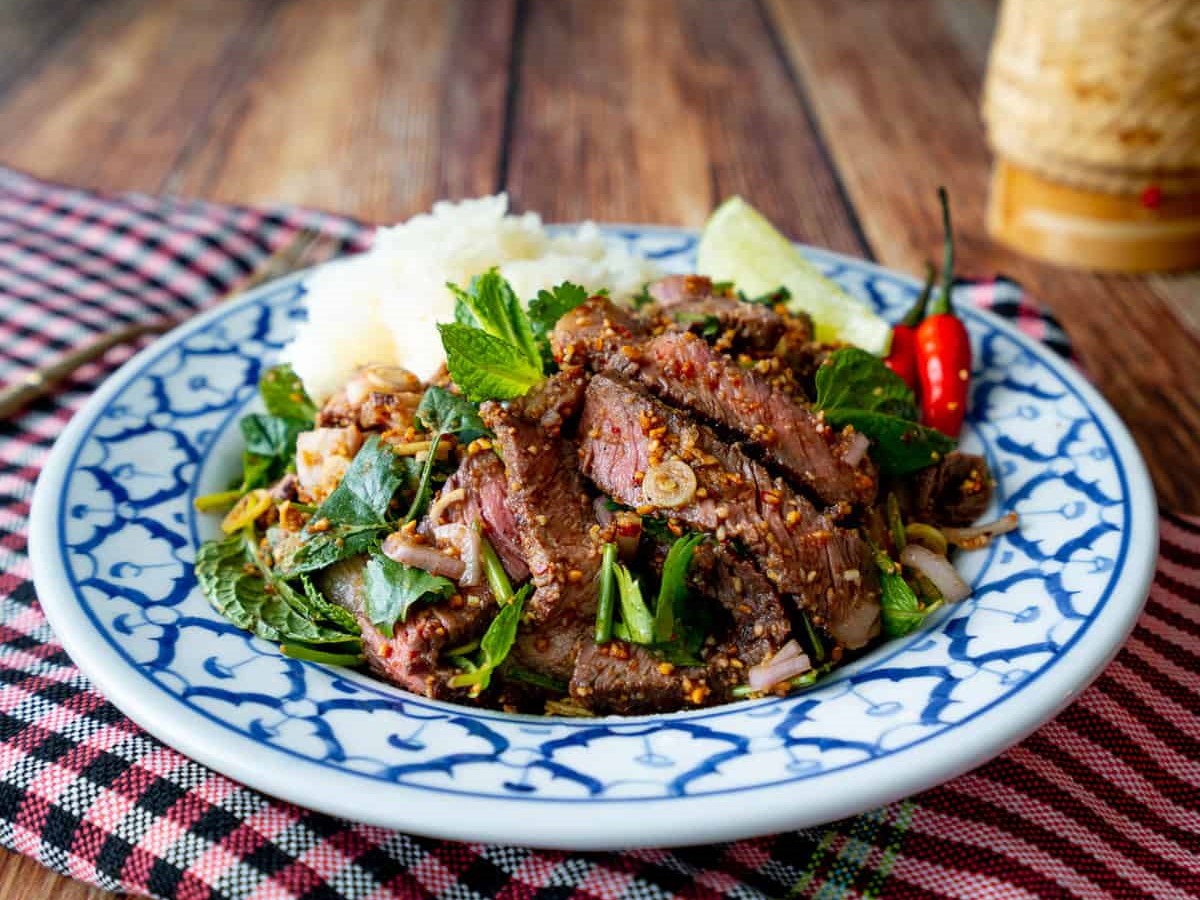
Grilled beef salad tossed with lime, mint, shallots, and chili flakes. Its name means “waterfall,” referring to the juices of grilled meat.
→ Discover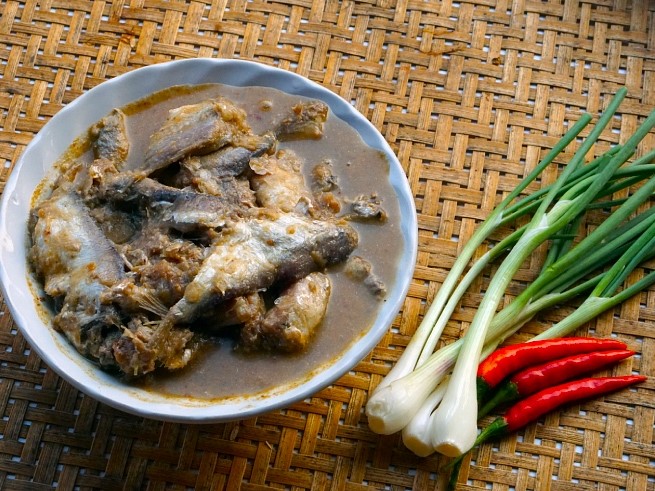
Fermented fish sauce, pungent and complex, used in many Isan dishes for a depth of umami flavour unique to the region.
→ Discover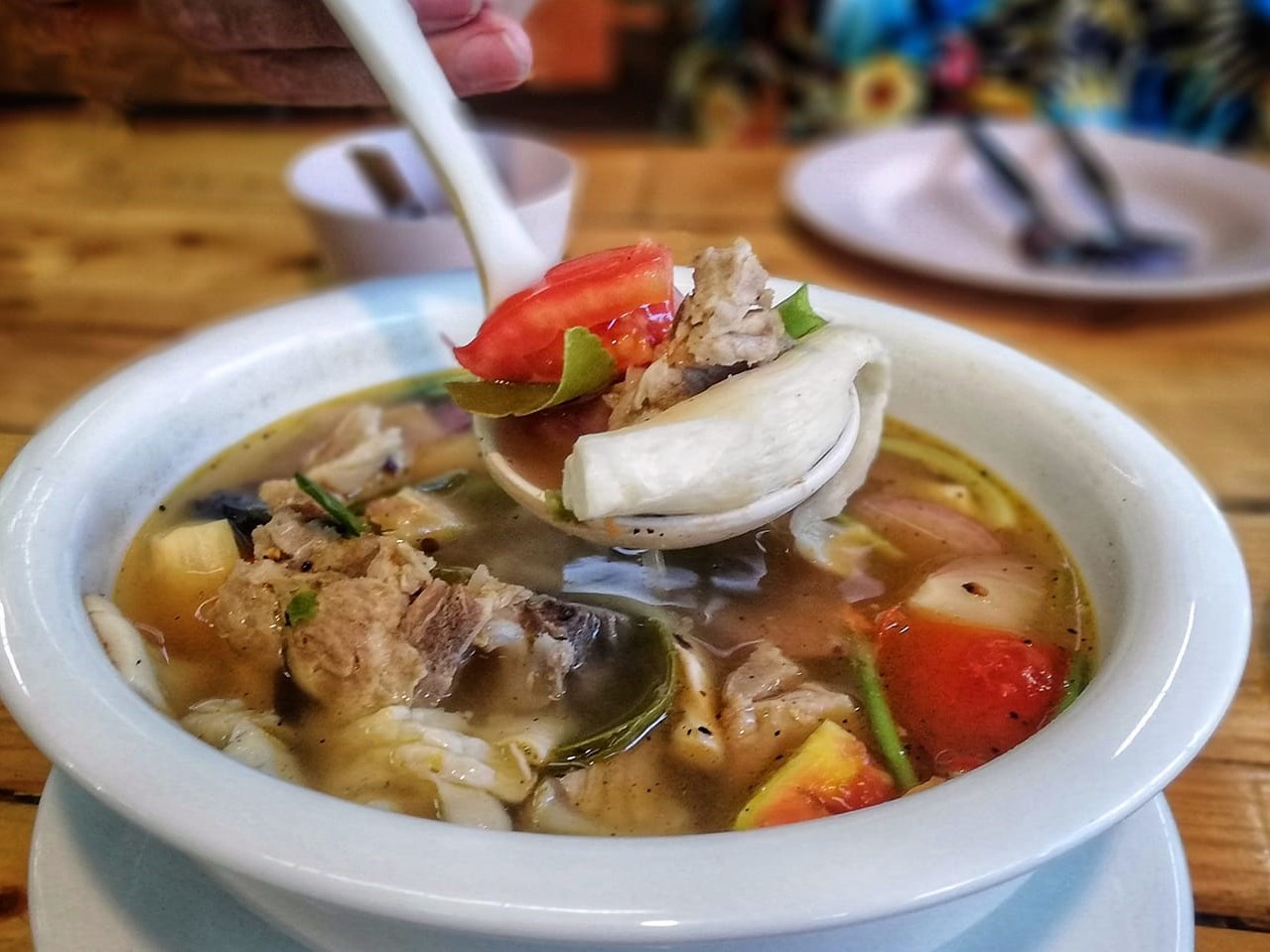
A hot and sour soup made with herbs like lemongrass, kaffir lime leaves, and galangal. Often includes pork ribs or offal.
→ DiscoverThe Khao Yai region of Isan is home to Thailand's most acclaimed "new latitude" wineries. Discover award-winning vineyards like GranMonte and PB Valley, where stunning landscapes meet unique vintages and fine dining experiences. Explore cellars, indulge in wine tasting, and savor gourmet food pairings amidst picturesque vineyards.
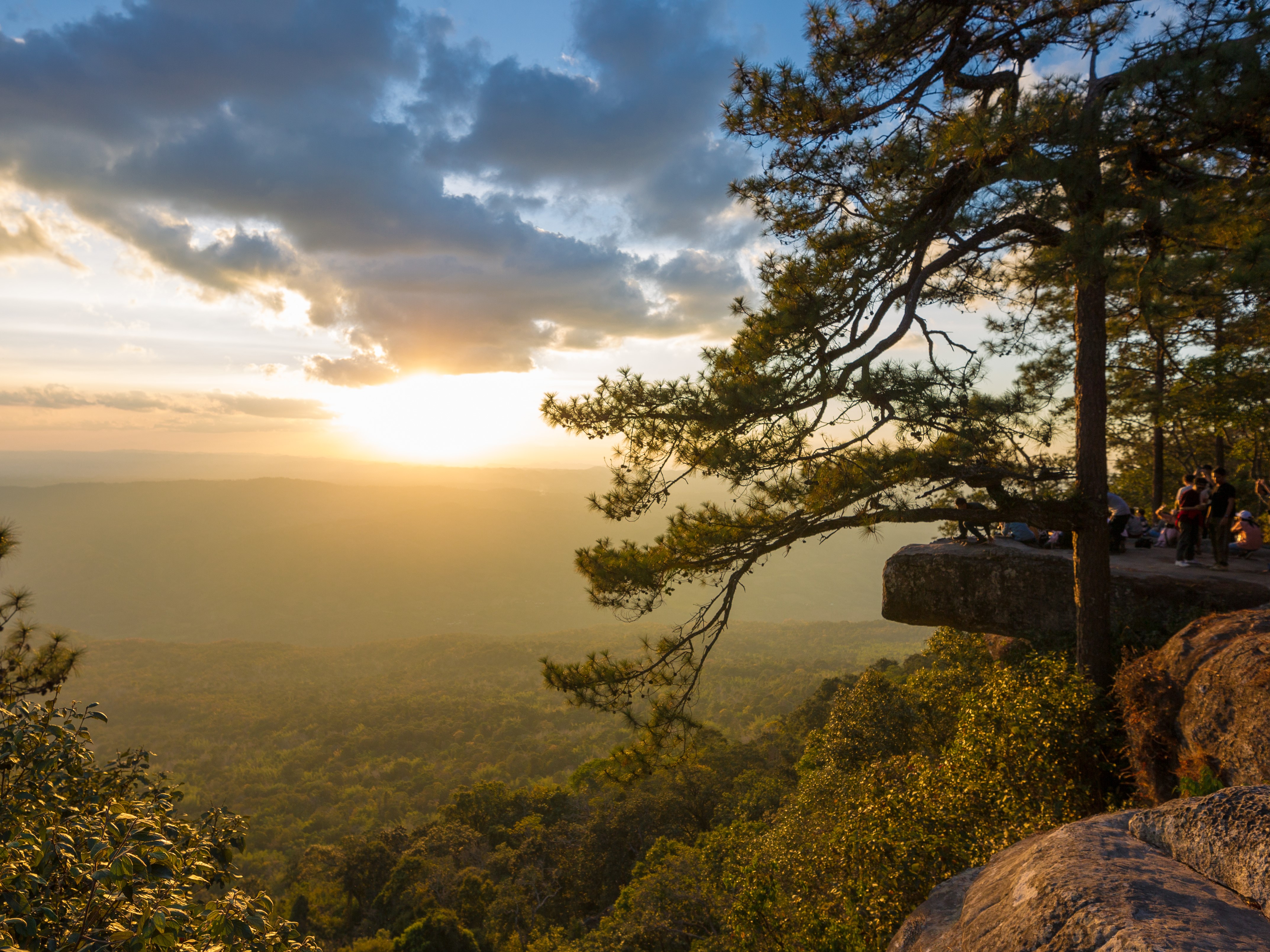
A high plateau in Loei province, covered in pine forests and home to waterfalls, cliffs, and a unique climate.
→ Discover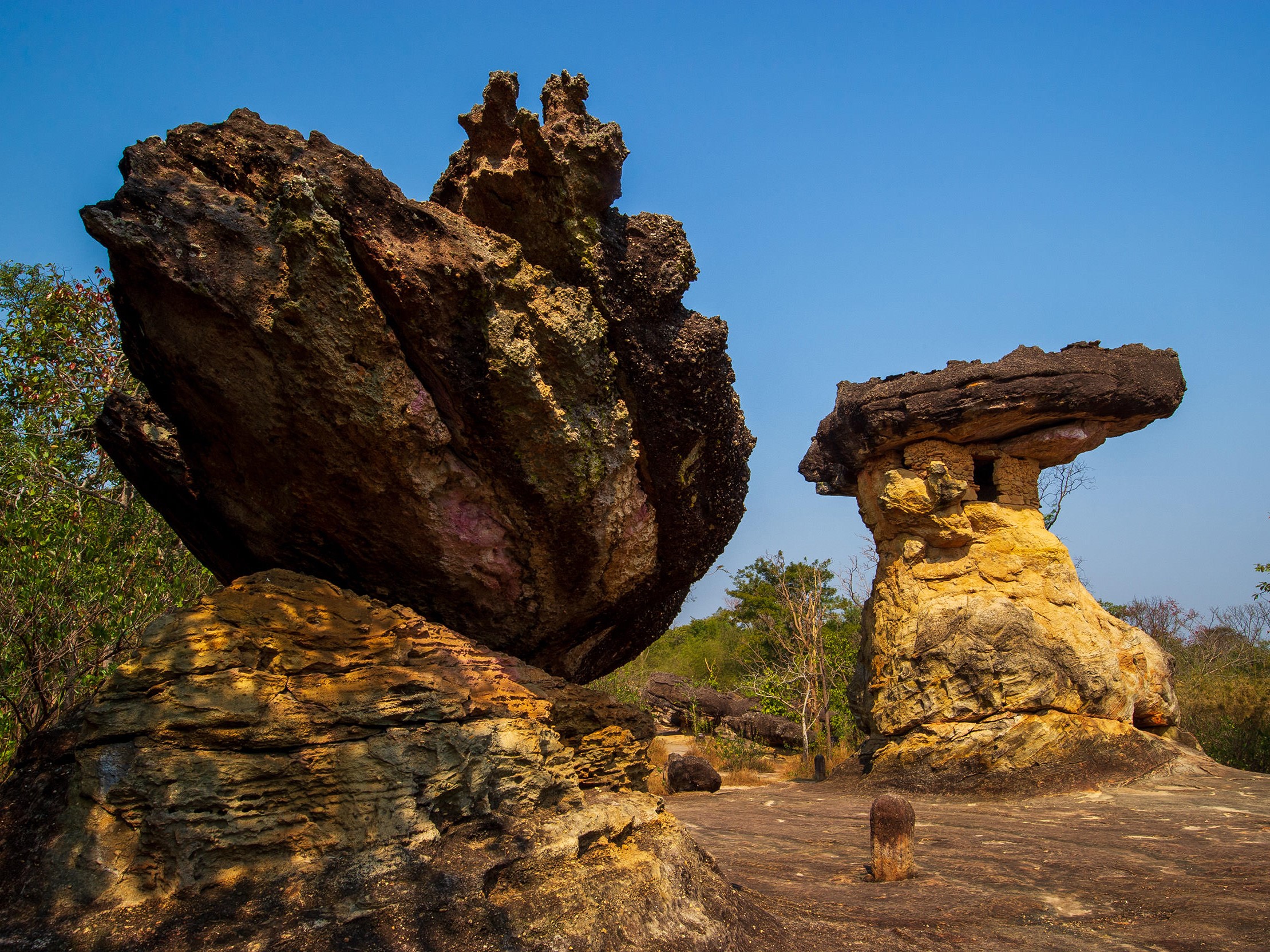
Sandstone rock formations with prehistoric cave paintings, shrines, and sacred sites.
→ Discover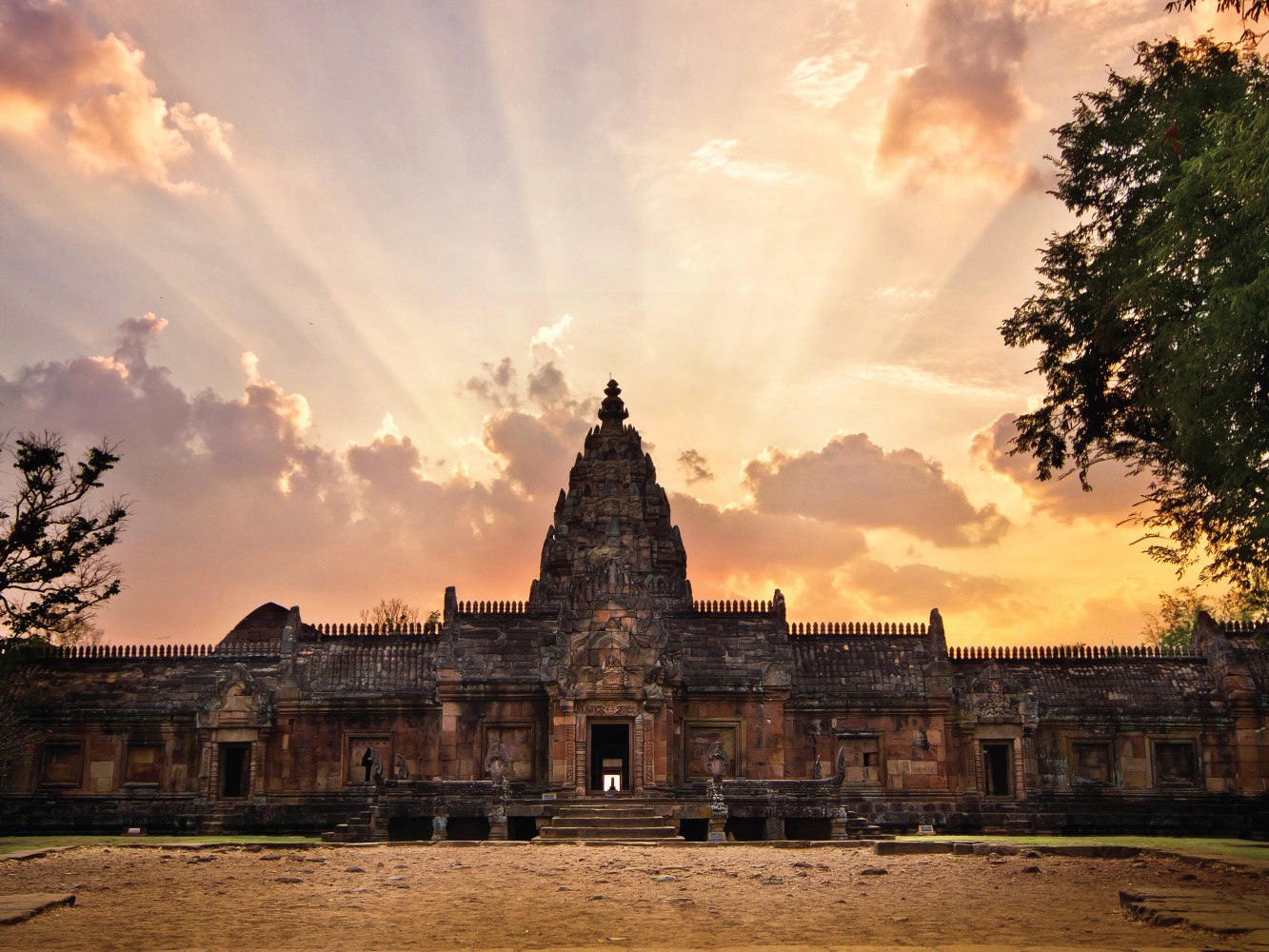
A stunning Khmer temple complex on an extinct volcano, aligned to the sun during the equinox.
→ Discover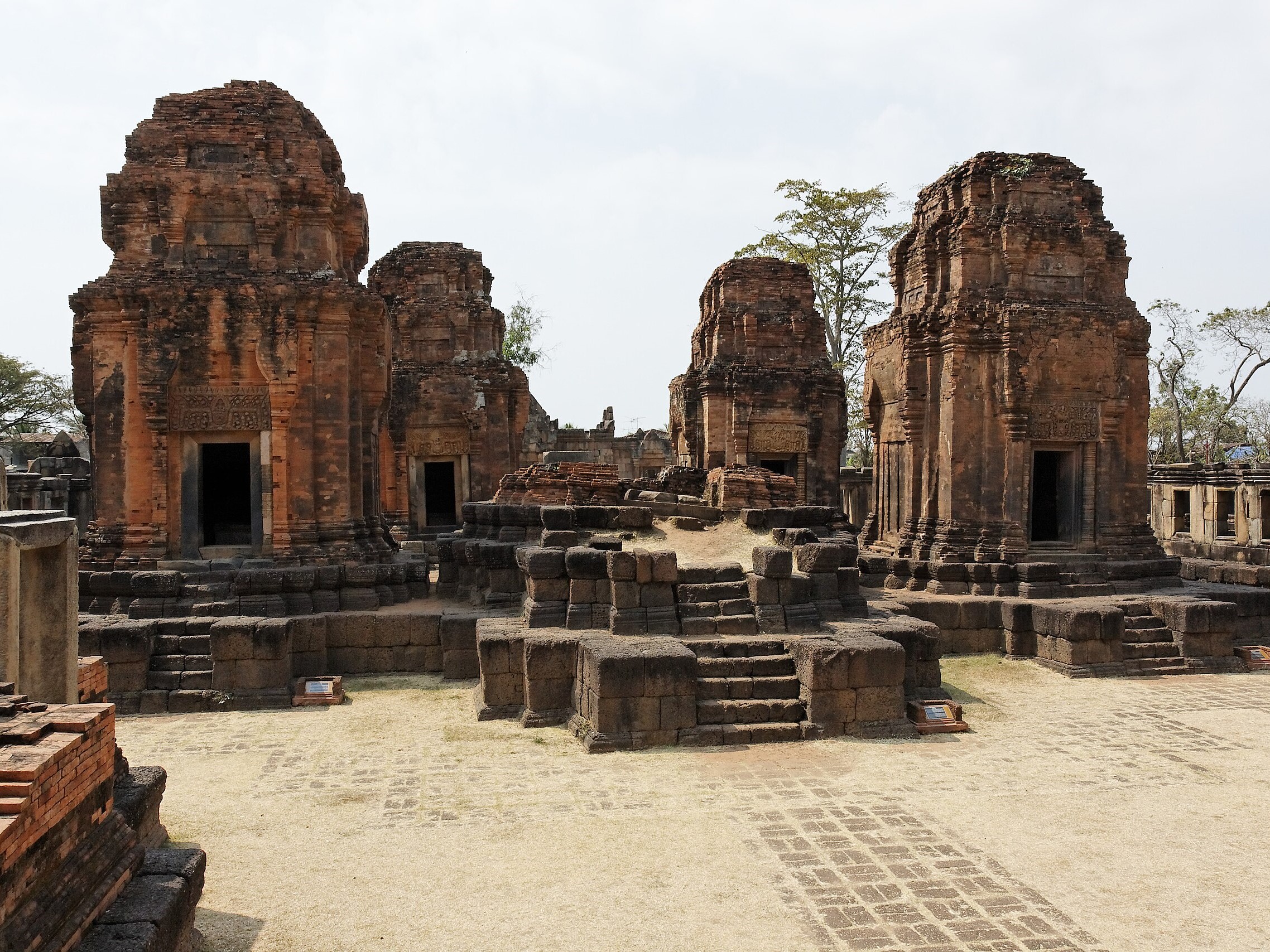
Ancient ruins that display Angkorian influence, surrounded by lotus ponds and scenic landscapes.
→ Discover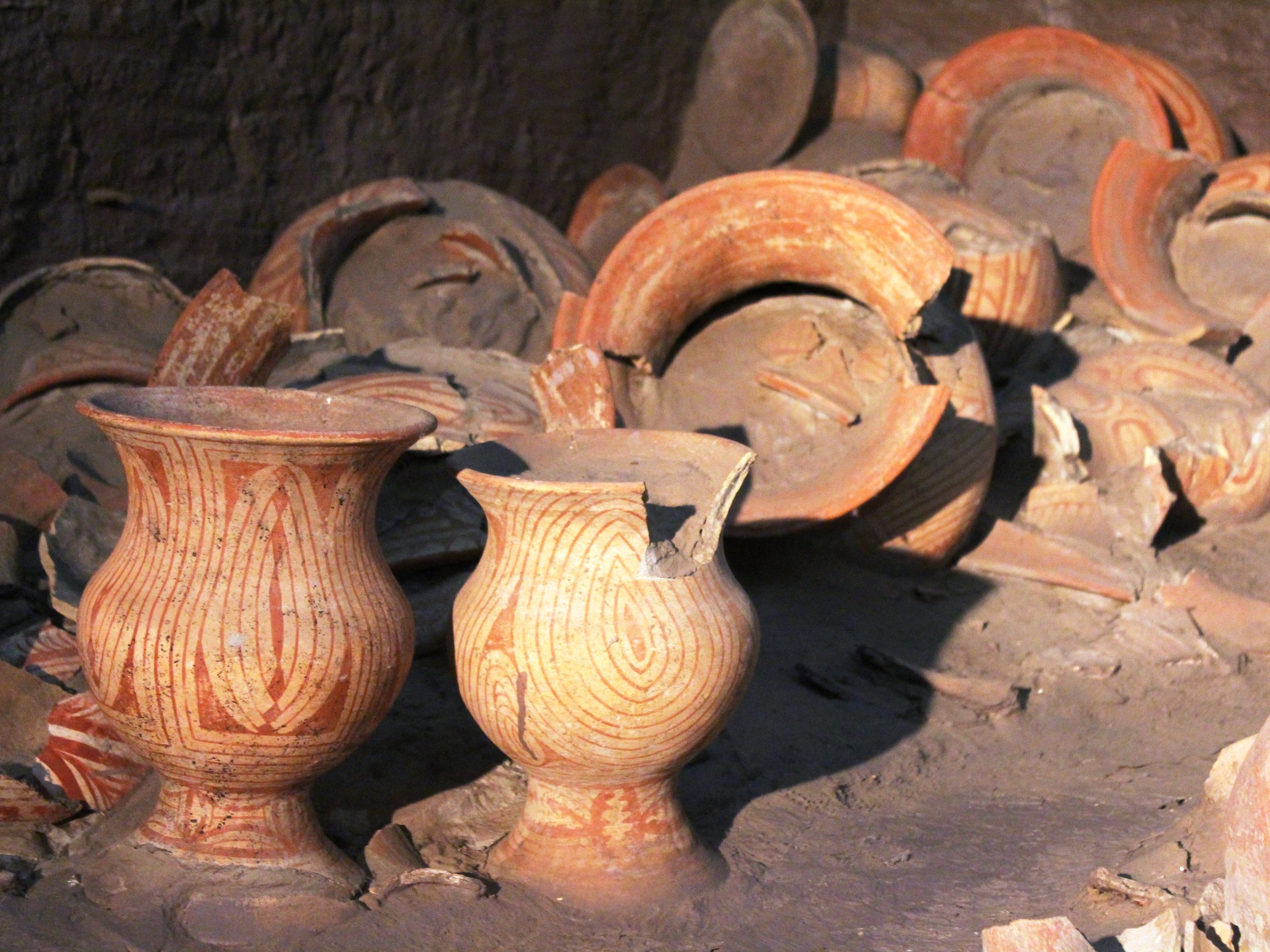
UNESCO World Heritage site known for prehistoric bronze age settlements and pottery.
→ Discover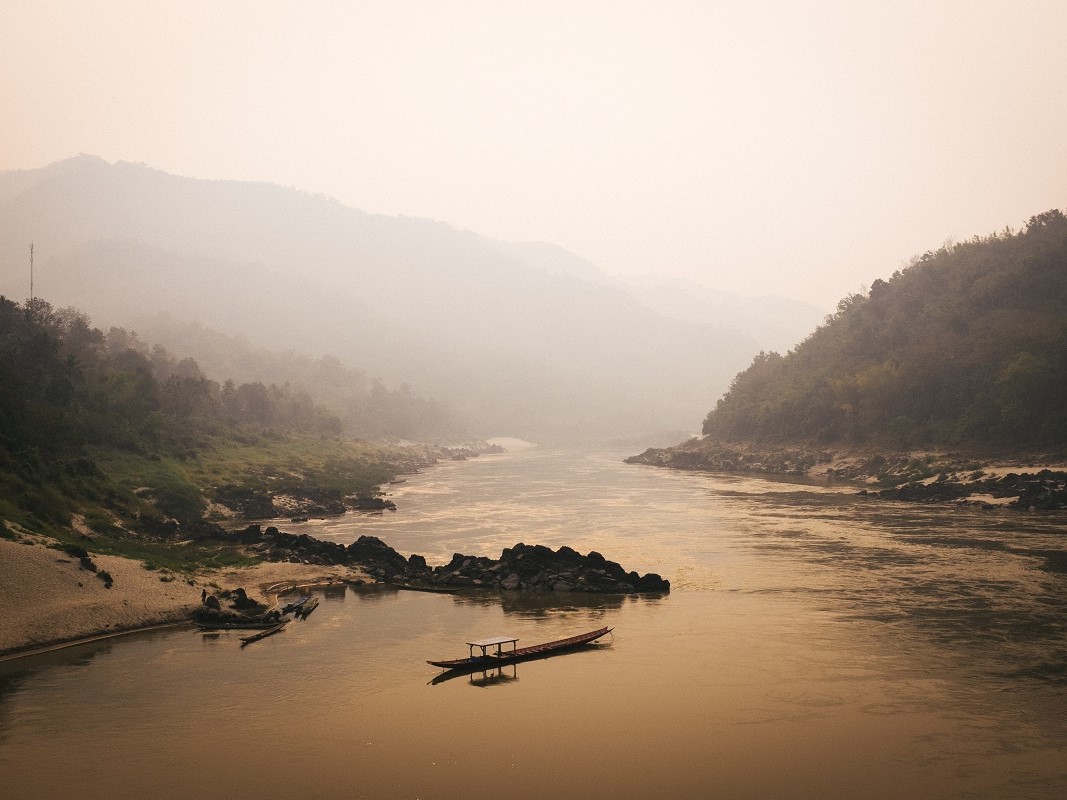
Forming the border with Laos, this river is vital for trade, culture, and spiritual practices in Isan.
→ Discover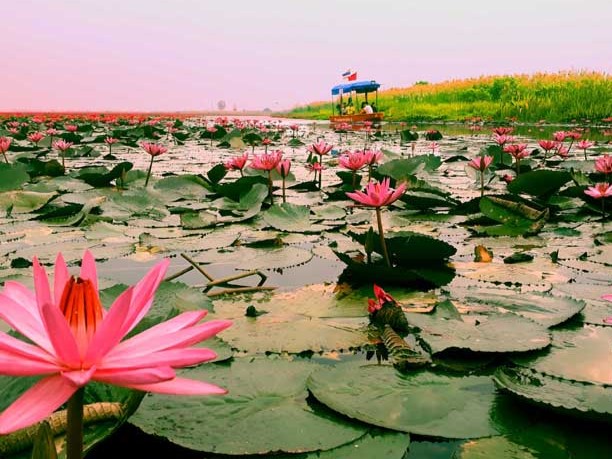
Every winter, thousands of pink lotuses bloom on this freshwater lake in Udon Thani.
→ Discover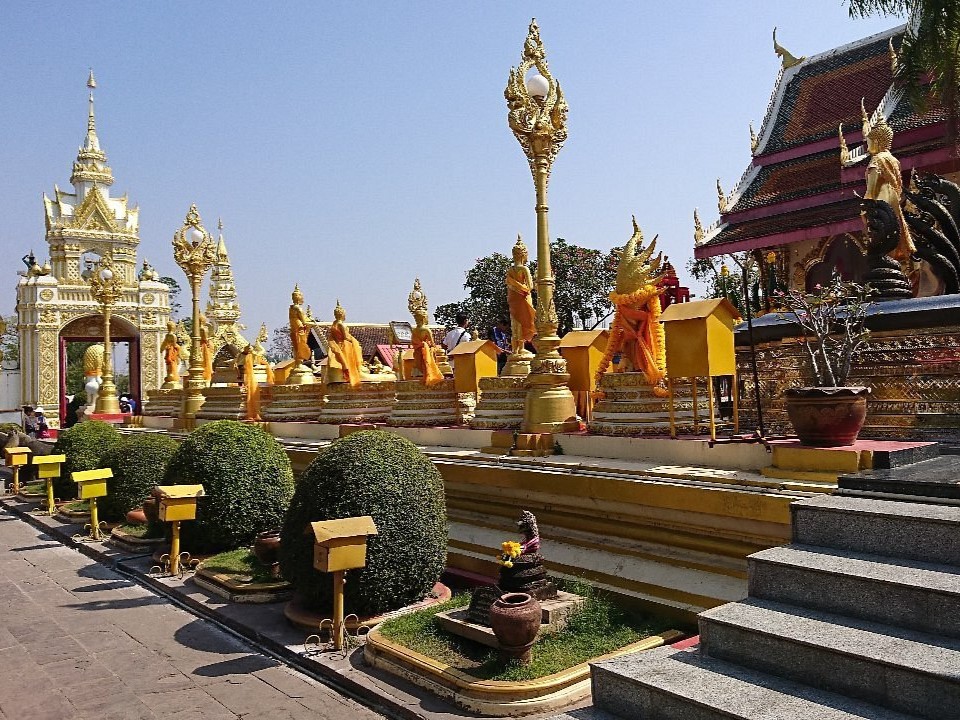
One of the most sacred Buddhist temples in the region, with a relic of the Buddha enshrined inside.
→ Discover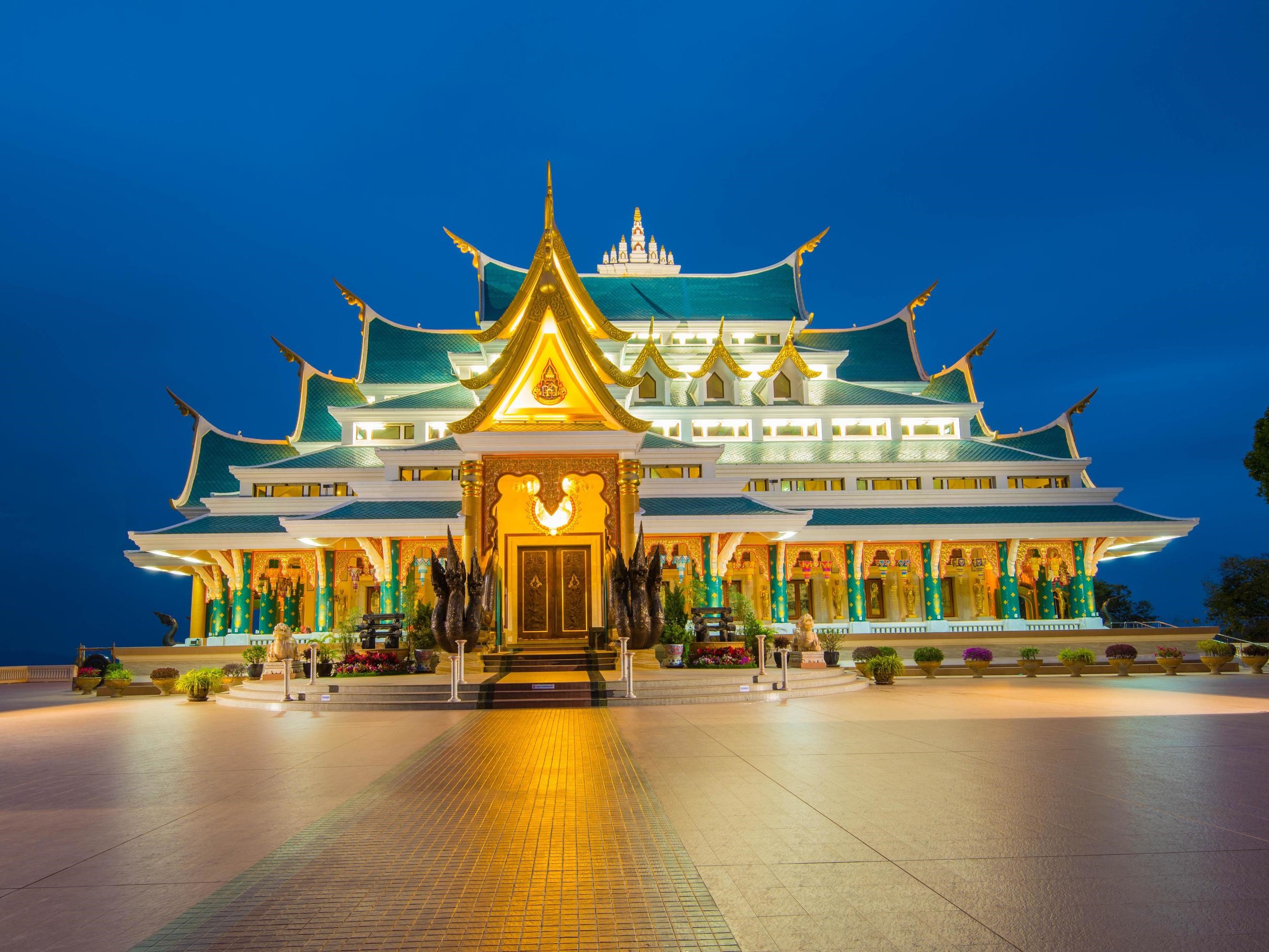
A mountaintop temple known for its massive reclining Buddha and scenic views across the forested hills.
→ Discover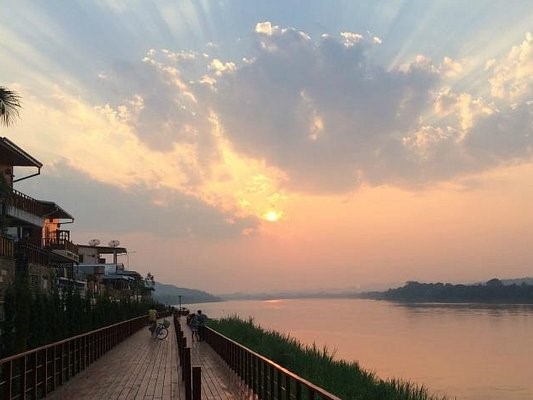
A charming riverside town with traditional teak houses, morning alms ceremonies, and a laid-back vibe.
→ Discover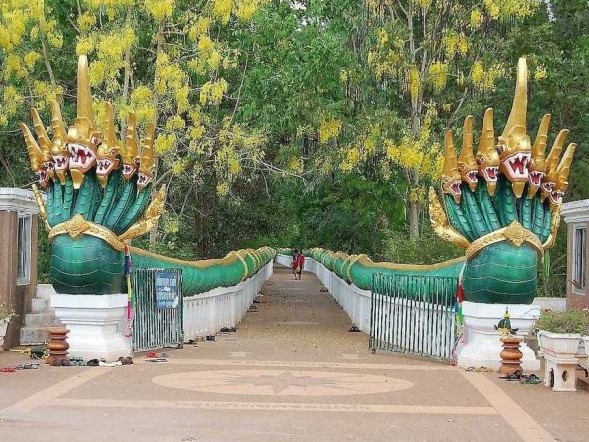
A mysterious forest island associated with naga (mythical serpents) and spiritual rituals.
→ DiscoverExperience Isan through bespoke tours focused on culture, gastronomy, nature, or business. Our concierge service ensures an elegant and authentic adventure tailored to you.
Learn More
From boutique guesthouses in Khon Kaen to riverside eco-lodges near the Mekong, Isan offers diverse accommodation. While high-end hotels are rare, many places provide exceptional warmth, service, and authenticity. Cities like Ubon Ratchathani and Nakhon Ratchasima also feature international hotel chains and resorts for comfort-seekers.
→ Discover
Isan cuisine can be found in humble roadside eateries or upscale fusion restaurants. Michelin Guide has started recognising Isan restaurants, especially in Udon Thani and Khon Kaen. Street food remains the backbone — affordable, delicious, and an essential part of the experience.
→ Discover
Explore Isan's burgeoning urban scene. From artisan coffee shops serving locally grown beans to trendy bars with signature cocktails, these spots offer a relaxing break and a glimpse into modern Isan life, perfect for a casual evening.
→ DiscoverIsan's economy is traditionally agricultural — rice farming, sugarcane, cassava, and livestock form the backbone of livelihoods. But in recent years, industries like food processing, textiles, and rubber have grown. Infrastructure development, such as rail and special economic zones (e.g., in Nakhon Ratchasima), is boosting connectivity. Cross-border trade with Laos is significant in provinces like Nong Khai and Mukdahan. The region is increasingly attracting investment in logistics, agritech, and tourism services.